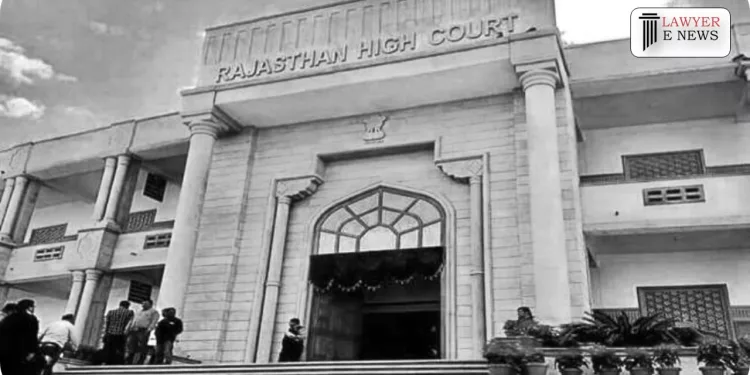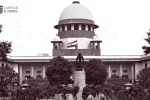Judicial Prudence Demands Not to Dismiss a Case Hastily Where the Complainant Shows Vigilance: Rajasthan High Court

In a significant ruling, the Rajasthan High Court today set aside the decision of the Special Metropolitan Magistrate’s court which had acquitted the accused in a cheque bounce case citing the non-appearance of the complainant. Justice Anoop Kumar Dhand emphasized, “Judicial prudence demands not to dismiss a case hastily where the complainant shows vigilance.”
Legal Context of the Judgment:
The appeal arose from the dismissal of a criminal complaint under Section 138 of the Negotiable Instruments Act, 1881, where the Special Metropolitan Magistrate had acquitted the accused due to the complainant’s non-appearance. This decision was challenged under Section 378(4) of the Criminal Procedure Code.
Facts and Issues:
The appellant, K.K. Construction, filed a complaint against the respondents for dishonoring three cheques totaling Rs. 3,00,000. Despite the complainant’s lawyer being present on most dates and the issuance of arrest warrants against the accused, the magistrate dismissed the complaint for want of prosecution. The appellant argued that the dismissals were due to a lack of notice about the case being transferred to another court, rendering their absence unintentional.
Detailed Court Assessment:
Review of Magistrate’s Decision: The High Court critiqued the Magistrate for not considering the continuous efforts by the complainant to prosecute since 2013.
The court referenced the Kerala High Court’s opinion in Bijoy vs. State of Kerala, emphasizing the importance of not dismissing a complaint hastily and the need to record reasons for the complainant’s absence.
Legal Implications of Section 256 Cr.P.C.: The court discussed the intent behind Section 256 Cr.P.C., designed to deter complainants from using dilatory tactics but also to protect the accused from undue harassment.
The judgment noted that dismissal should not be automatic and should consider the complainant’s intent and previous diligence.
Restoration of Complaint: Justice Dhand observed that the complainant’s absence was due to a lack of notification about the transfer of the case, and thus, dismissing the complaint was neither reasonable nor fair.
The court ordered the restoration of the complaint and continuation of proceedings from the last effective stage.
Decision: The High Court quashed the acquittal order, reinstated the complaint to its original status, and directed the trial court to proceed lawfully, ensuring fair opportunity for both parties to present their cases. The respondents and the appellant were directed to appear before the trial court on May 16, 2024.
Date of Decision: April 18, 2024
K.K. Construction vs. Shri Bhagwan Singh Poswal & Ors.






